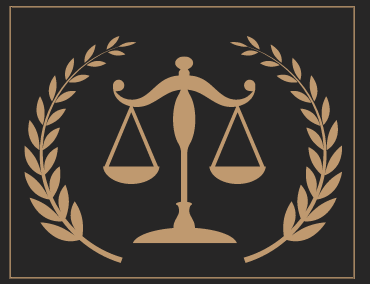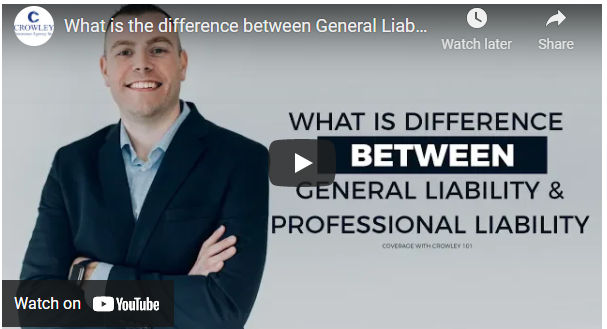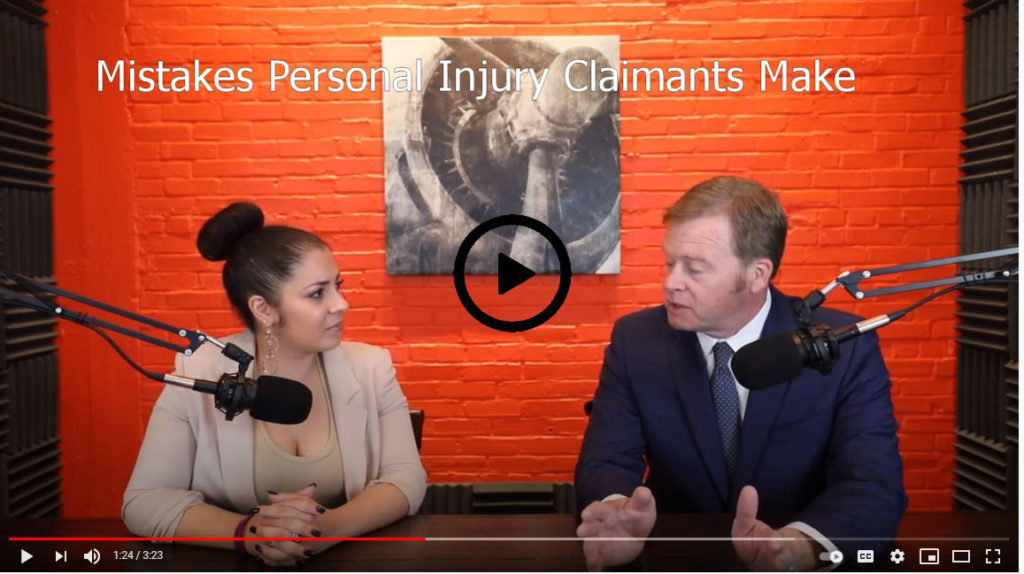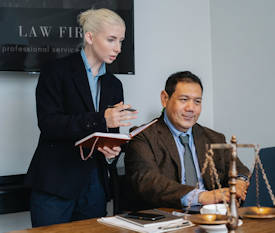Personal injury cases arise because someone else’s negligence has caused hurt or harm to another.
If you are injured because of the wrongful conduct of another person or entity, you have the right to file a personal injury claim to recover monetary damages for your losses. The individual or entity at fault has the legal responsibility to compensate you for the injuries you have sustained.
Personal injury cases are often complex in nature, so make sure to seek the advice of an experienced personal injury attorney before pursuing a claim. Educating yourself about the claims process and how to go about it will also increase your rate of success.
Here’s a list of 6 important things you need to know about personal injury claims:
1. There are Different Types of Personal Injury Claims.
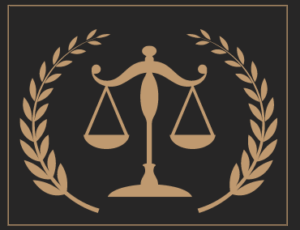
A lot of people tend to associate the term “personal injury” with car accidents. True, motor vehicle collisions make up a significant number of personal injury claims, but it is just one type of personal injury case.
Personal injury law applies to any situation where a person suffers due to the negligence of another individual or entity. This includes injuries resulting from assault, battery, animal attacks, medical malpractice, premises liability, wrongful death, etc.
2. An Injury is Not Enough Evidence to Pursue a Personal Injury Lawsuit.
Just because an incident has left you injured does not mean you can successfully pursue a claim against the other party.
For a personal injury claim to be valid, the victim/plaintiff must be able to gather substantial evidence to establish that the defendant breached his or her duty of care, and that breach of duty of care was the proximate cause of the plaintiff’s injuries.
3. Most Personal Injury Claims are Settled Out of Court.
The majority of personal injury cases are settled out of court, through negotiations or a mediation process. What this means is that a judge does not get to decide the outcome of the case based on the evidence presented. Instead, the victim’s lawyer negotiates a monetary settlement with the defendant’s insurance provider.
If the aggrieved party is satisfied with the settlement offer, they accept it. However, if the defense and the plaintiff fail to agree on an appropriate settlement account (mostly because the defendant’s offer seems unjust) the case goes to trial.
4. You Can Pursue a Personal Injury Claim Even if You’re Partially at Fault.
Most states in the country follow a comparative negligence model, which allows victims to pursue a personal injury claim/lawsuit even if they’re partly to blame for the incident. The amount of the damages, however, will be reduced to the extent to which the victim was responsible.
For example, if the total cost of damage is at $100,000 and the victim is found to be 20% at fault, his or her maximum recovery would only be at $80,0000.
5. Personal Injury Victims Have Limited Time to Pursue a Case.
The time to pursue legal action or bring forth a personal injury claim is limited by statutes of limitations, which are generally two to three years from the date of the incident. Once the statute of limitations has expired, the claim will be barred and you may never seek compensation for your losses again.
If you or someone you know suffers from personal injury, collect as much evidence as you can to support your claim and then file your case without delay.
6. Settlement Offers Aren’t Always Fair.
Insurance companies will try to settle claims quickly, with as little expenditure as possible. After all, they’re a business and their top priority is to protect their bottom lines.
If you think you’re not being adequately compensated for your injuries, do not agree to the other party’s offer and then consult with someone who’s an expert on the matter. A capable personal injury lawyer can help you deal with the insurance company and fight to get you the maximum monetary damages, whether through settlement or in a court of law.
About the Author
Andrea Williams is the Community Manager at The Law Offices of Alcock & Associates P.C., a premier law group in Arizona that provides legal services to clients involved in Personal Injury, DUI, Immigration and Criminal cases. She enjoys cooking, reading books and playing minigolf with her friends and family in her spare time.
You might also like:

